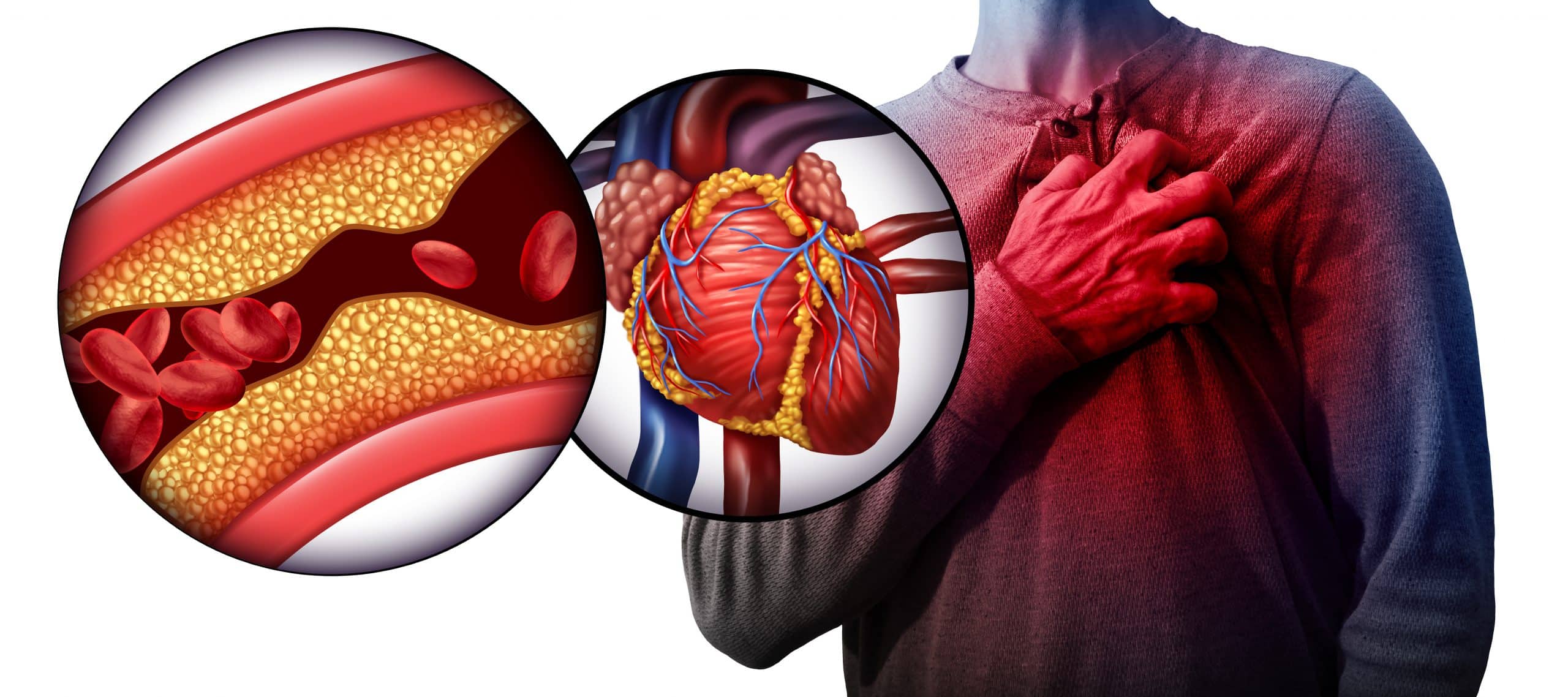12/04/2018
How AI Can Help Predict Heart Disease
Artificial Intelligence (AI) can seem like a scary concept. From movies like “Blade Runner” and “The Terminator” leading viewers to be fearful of a robot takeover, to tech moguls like Elon Musk stating that AI could lead to World War III, it is no wonder that we are sometimes skeptical about this new technology. However, artificial intelligence can be used for a lot of good. We use AI to catch a ride on Lyft or Uber; AI helps filter the spam emails out of our inbox; and over the last year, AI has started helping us by predicting serious medical conditions including heart disease.
Scientists all over the world are using AI and machine learning to help predict heart disease in unique and unexpected ways. Here are a few ways we can expect to see AI used to promote cardiovascular health in the future.
AI Predicts Heart Disease Through CT Scans
Over the past five years, Clalit Health Services, which owns 1,500 clinics and 14 hospitals across Israel, has partnered with Zebra Medical Vision to research how AI could be used alongside pre-existing computed tomography (CT) data to better predict which patients may be at risk for heart disease. They recently presented at the 2018 Radiological Society of North America to share their positive results. They showcased that compared to the current gold standard set by the American Heart Association, this new technology results in a 4.5 percent improvement in sensitivity and specificity. As a result, AI is helping the medical community be even more accurate when it comes to early prediction of heart disease.
New AI to Better Anticipate Heart-Related Deaths
Meanwhile, in the UK, new AI technology created by Francis Crick Institute is being used to not only predict heart disease, but also better anticipate which patients are at a higher risk of death due to their heart health. This form of AI is driven by the data of 80,000 patients and uses 27 factors including, gender, age, and symptoms to predict patient mortality. This AI has become so good at predicting the health risks in patients, that it is outperforming certain medical professionals. This type of technology has the potential to make physicians’ jobs far easier and save thousands of patients’ lives a year.

Google’s Recent AI Algorithm
Another interesting way AI is being used to predict heart conditions is that of Google’s health-tech division called Verily. Verily’s team has discovered a way to use machine learning and AI to predict a patient’s cardiac risks by looking at their eyes; and this new technology can assess a lot more than heart health. By looking at the backs of patients’ eyes, this form of AI can tell a person’s gender, age, blood pressure, and whether or not they smoke. All of this information works together to predict the individual’s risk of heart disease, including cardiac arrest. This technology would allow doctors to analyze a patient’s health risk without even taking a blood sample. However, this form of AI will need to be further tested before it becomes a part of everyday clinical testing.
Early Intervention is Key
When it comes to heart health, early intervention is key to a long and healthy life. With the help of artificial intelligence, obtaining early predictions of patients’ heart conditions could be easier and more accessible than ever. This could result in billions of dollars being saved across the country every year. Even more importantly, it could mean that thousands of lives could be saved, and people could be better informed about their lifestyle habits and risks for heart disease.
If you have questions about heart disease, or if you are concerned about your cardiovascular health for any reason, make an appointment with your nearest CVG today.



